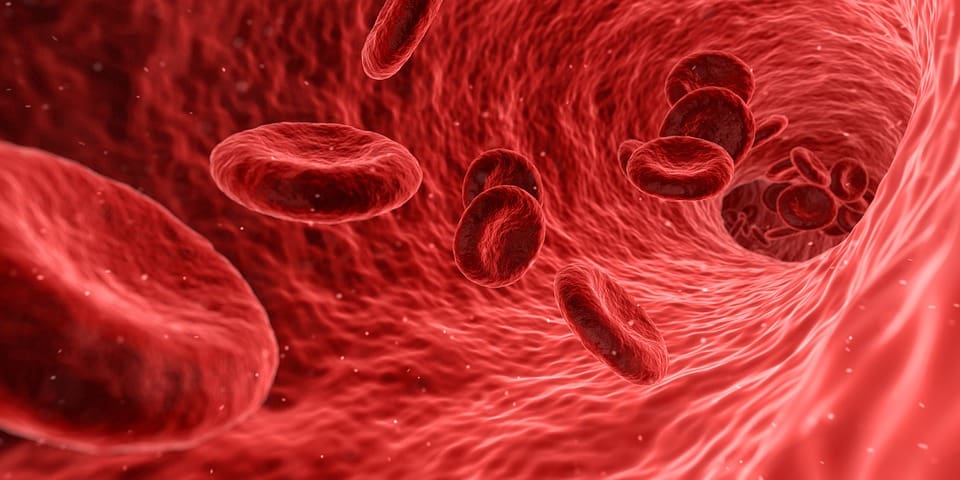
NHS England to fund Hemlibra for patients with severe haemophilia
pharmafile | August 21, 2019 | News story | Research and Development | Chugai, Hemlibra, Roche, haemophilia, pharma
NHS England is to fund Roche and Chugai Pharma UK’s haemophilia drug Hemlibra, for people with sever congenital haemophilia A without factor VIII inhibitors.
The funding comes as part of a package of measures put forward in the NHS Long Term Plan aimed at increasing access to the most advanced medical interventions. Instead of going through the NICE process, the drug is set to be specially commissioned by NHS England, who negotiates directly on pricing and reimbursement on certain high-cost medicines. In the US, Hemlibra costs are $492,000 a year. Prices in Europe will be considerably lower.
As of July 2018 NHS England has routinely funded Hemlibra for patients with factor VIII inhibitors. The inhibitors are antibodies which meant he patient no longer responds to standard Factor VIII therapy. The EMA approved Hemlibra for those with severe haemophilia with factor VIII inhibitors in February 2018 and without in February of this year.
Hemlibra (emicizumab) works by mimicking the action of blood protein factor VIII which is lacking in people with haemophilia A.
NHS England has agreed to fund the drug for the 2,000 people living with the condition.
Simon Stevens, NHS chief executive, said: “Giving patients access to world class, trailblazing drugs and therapies is a key part of the NHS Long Term Plan which aims to save thousands more lives.
“As a parent I know that cuts and scrapes happen to kids all the time, but for many families these routine accidents can be distressing and life-threatening, so this new treatment will change lives and lift a weight from thousands of parents.
“This treatment has the potential to significantly improve the lives of people with haemophilia, especially children – reducing treatment time and even ending the dangerous bleeds which can lead to life-threatening cuts and life-changing damage.”
Liz Carroll, chief executive of The Haemophilia Society, said: “This decision is fantastic news for our community. Current treatments can require intravenous infusions multiple times a week which can place a significant burden on people with haemophilia and their carers. This decision will mean that people will have the opportunity to have treatment less frequently without intravenous access which will enable many to live their lives more freely.’’
Louis Goss
Related Content

Roche’s Alecensa approved by FDA as lung cancer treatment
Roche has announced that the US Food and Drug Administration (FDA) has approved Alecensa (alectinib) …

Genentech’s Columbi meets primary endpoint in phase 3 trial for lymphoma treatment
Genentech, part of the Roche Group, has announced that its phase 3 STARGLO trial has …

Lonza to acquire biologics site in Vacaville, US from Roche for $1.2bn
Lonza has announced that it has signed an agreement to acquire the Genentech large-scale biologics …







